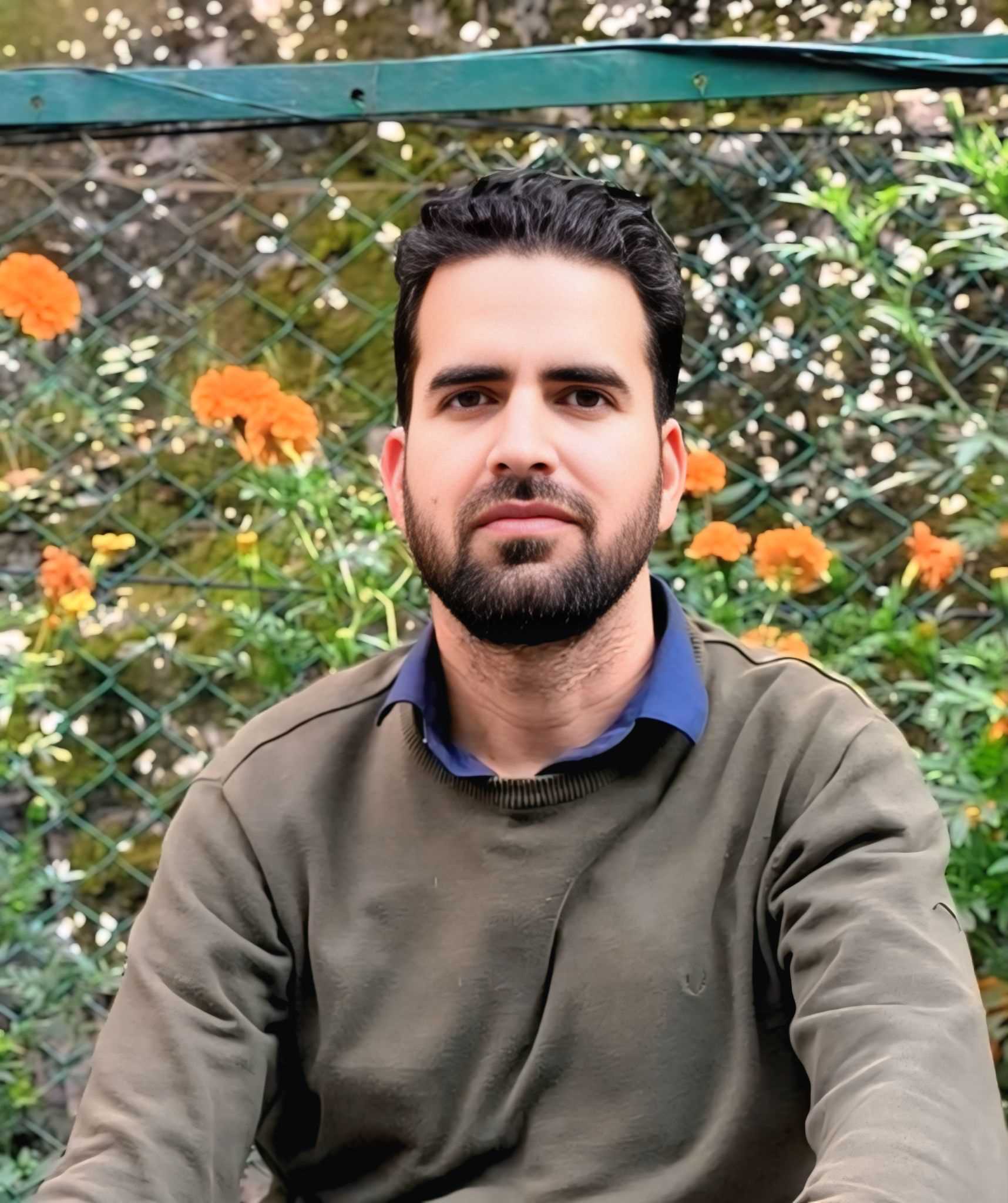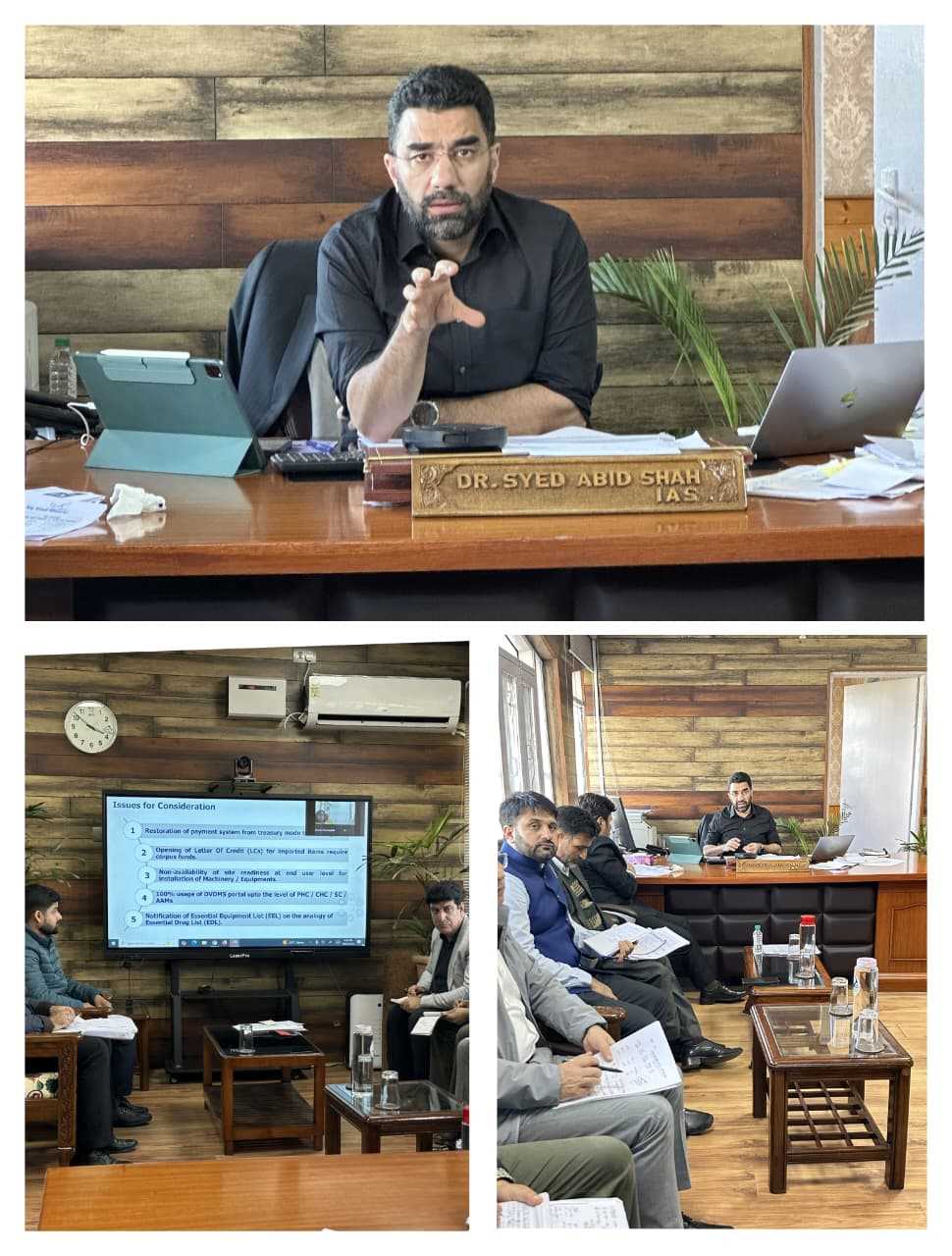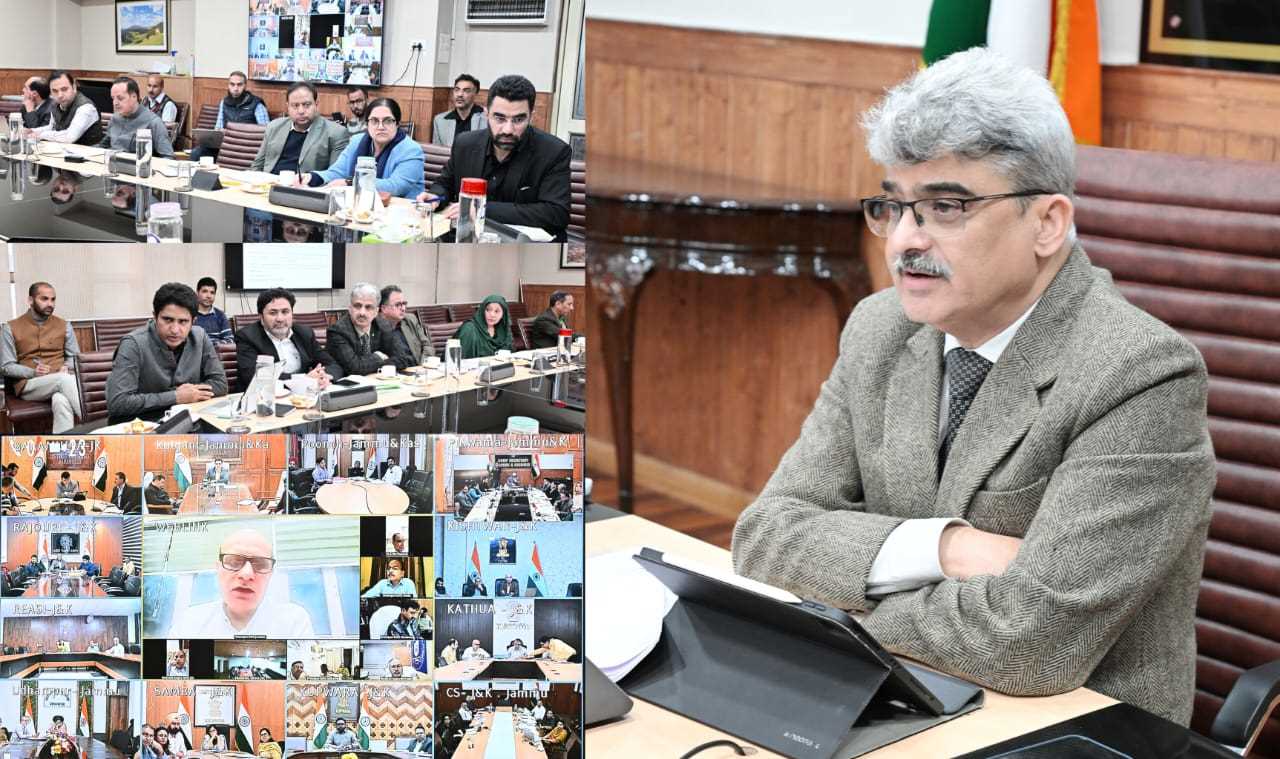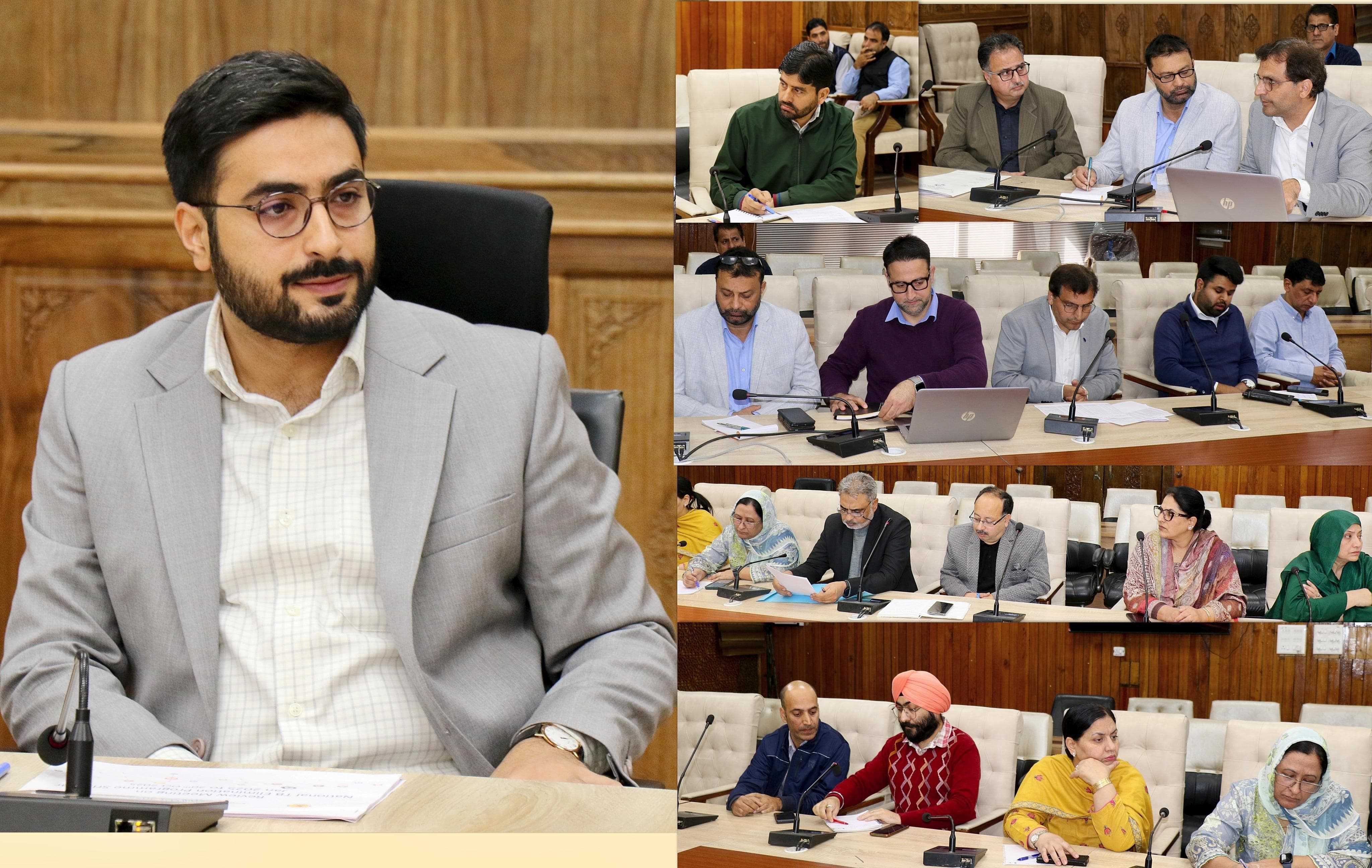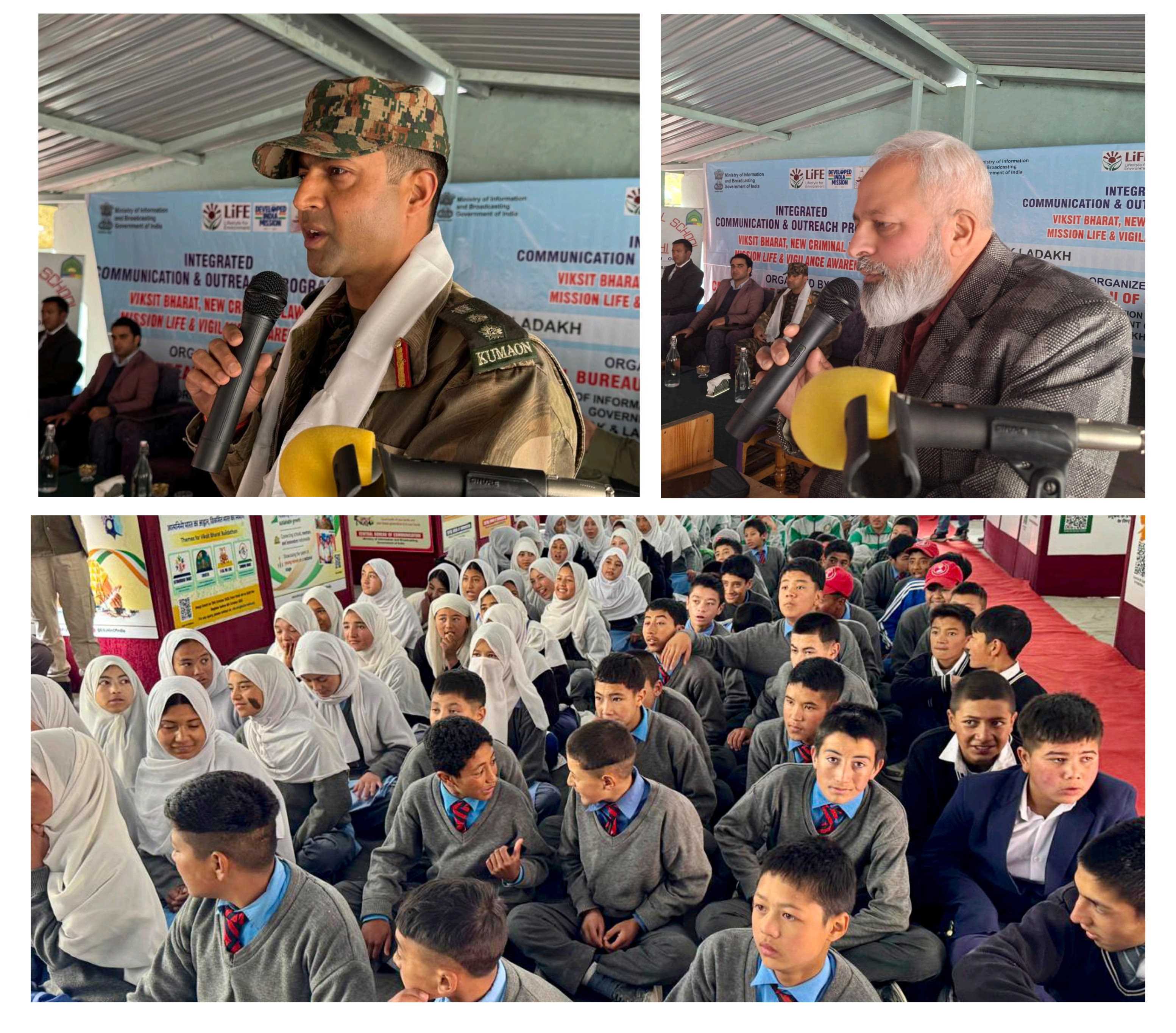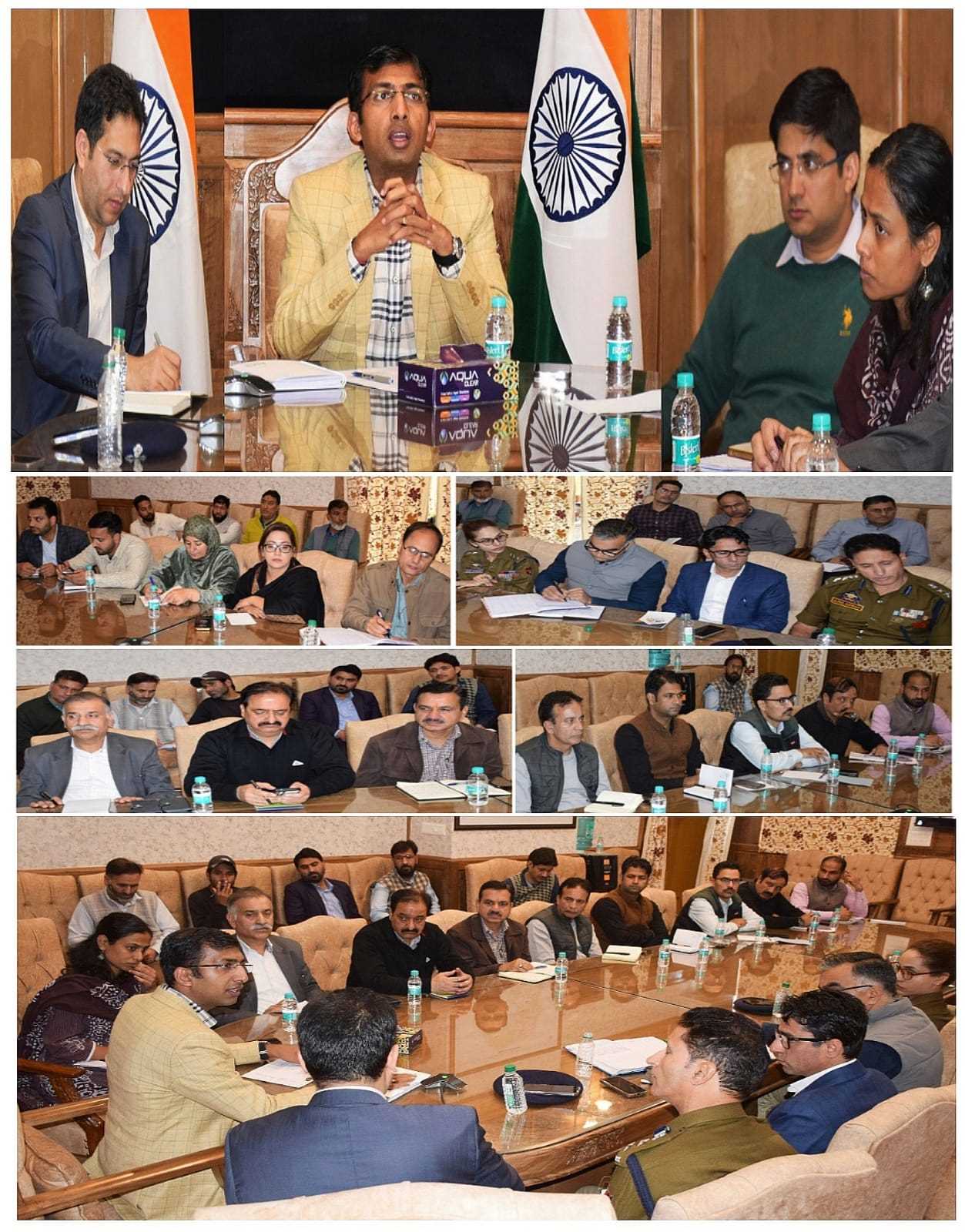Respect for elders has always been a foundation of moral and spiritual life, deeply rooted in every culture and emphasized strongly in Islam. Yet in the modern age, we are witnessing a painful transformation , a world where many children and young people no longer value the wisdom, authority, or sacrifice of their parents, teachers, and elders. The voices that once guided hearts have been replaced by screens, and the warm companionship of family has been exchanged for virtual attention. The erosion of respect has become one of the most troubling signs of our time.
In Islam, honoring elders is not just a moral virtue but an act of worship. Allah commands in the Holy Qur’an: “And your Lord has decreed that you worship none but Him, and that you be kind to parents. If one or both of them attain old age in your life, say not to them a word of disrespect, nor repel them, but address them in terms of honor.” (Surah Al-Isra 17:23). This verse beautifully links the worship of Allah with kindness to parents, showing that respect is a reflection of faith itself. The Prophet Muhammad (PBUH) also said: “He is not one of us who does not show mercy to our young ones and respect to our elders.” (Tirmidhi). Thus, when a generation loses respect for its elders, it loses a part of its faith and humanity.
Today, technology and social media have reshaped children’s behavior in ways that even parents struggle to understand. Smartphones, gaming, and endless scrolling have disconnected children from real relationships. Instead of listening to their parents or learning from their grandparents, they are influenced by strangers online. Platforms like TikTok, Instagram, and YouTube often glorify arrogance, mockery, and rebellion. The more “independent” or “bold” one appears, the more followers they gain. As a result, humility , which Islam teaches as a sign of nobility is being replaced with pride and ego. Many children now measure worth by digital likes rather than real-life manners.
Social media has also made mockery of elders seem normal. Online “comedy” often shows children arguing with parents, insulting teachers, or ridiculing authority figures. This constant exposure dulls moral sensitivity. What used to be shameful is now entertaining. When such habits enter the home, children begin to respond to parents and teachers with the same sarcasm they see online. The Prophet (PBUH) warned that among the signs of the Last Day is when “the young will be rude to the elderly.” Sadly, we are witnessing this prophecy unfold before our eyes.
On a deeper level, today’s children are also struggling psychologically. Their minds are constantly surrounded by screens, quick entertainment, and noise that leaves little room for calm or reflection. When life moves at the speed of scrolling, patience and empathy begin to fade. Many children have become used to instant satisfaction , one click brings what they want, one tap gives them praise ,so they find it difficult to handle advice, discipline, or even the word “no.” This makes them emotionally fragile and easily frustrated. At the same time, their friendship circles have become more influential than their families. A child who once looked to parents for approval now looks to friends or followers online. In many groups, mocking teachers or arguing with elders is treated like confidence or humor, and children copy what earns them attention. Slowly, they start to believe that respect makes them weak. This emotional imbalance, shaped by technology and peer pressure, is quietly taking away the softness and humility that once made young hearts beautiful.
However, not all blame rests on technology. Parents too, in their deep love, sometimes contribute unknowingly to this crisis. In earlier generations, love came with discipline and boundaries. Parents taught children gratitude, patience, and self-control. Today, many parents, out of affection or guilt, fulfill every desire of their children. They fear to say “no” or correct misbehavior. Children grow up getting everything they want toys, gadgets, clothes without learning effort or appreciation. This creates a dangerous sense of entitlement. A child who is never taught to wait, share, or sacrifice becomes self centered. When a child’s every wish is fulfilled, respect for others becomes unnecessary in his eyes. Excessive pampering, though rooted in love, can destroy humility.
Family quarrels and parental strife also leave a deep mark on children’s hearts. When they grow up watching their parents argue, insult each other, or show disrespect to elders, they learn the same behavior unconsciously. A home filled with anger and shouting weakens the child’s emotional balance and respect for authority. The Prophet Muhammad (PBUH) said: “The best among you are those who are best to their families.” (Tirmidhi). Peace and harmony in the home nurture respect in the heart, while constant conflict destroys it.
The family structure itself has also changed. In the past, children were surrounded by grandparents, uncles, aunts, and cousins. They naturally learned respect by observing family interactions. Sitting beside elders, listening to their stories, and serving them taught values beyond books. Now, with nuclear families and busy lifestyles, that environment is fading. Many children grow up without meaningful contact with elders. Even when grandparents live with the family, they are often ignored, as children are absorbed in screens or online worlds. In some cases, elders are treated as burdens rather than blessings. The Prophet (PBUH) said: “If a young man honors an elderly person because of his age, Allah will appoint someone to honor him in his old age.” (Tirmidhi). When we neglect this principle, we are setting the stage for our own children to neglect us one day.
Another painful area is the loss of respect for teachers. In Islamic tradition, a teacher’s status is sacred. Imam Ali (RA) said, “He who teaches me one letter, I am his servant for life.” Yet in many modern classrooms, teachers are no longer viewed as guides but as service providers. Students challenge authority, speak rudely, and parents often side with their children instead of supporting discipline. This destroys the teacher-student bond that once nurtured character. When teachers lose respect, knowledge loses its light, and education becomes hollow.
Society as a whole also plays a major role. Modern culture glorifies fame, luxury, and entertainment rather than wisdom and modesty. Celebrities and influencers become the new role models, while scholars, community leaders, and pious elders fade into obscurity. Movies and shows portray rebellion and disrespect as signs of strength, while obedience and humility are mocked as weakness. When the entire environment promotes disrespect, even good parenting struggles to undo its effects. Children imitate what they admire and if their idols are arrogant, they will mirror arrogance.
Yet Islam always gives hope. The door of change is never closed. Children can come back to the right path if guided with wisdom and love. The first step is reconnecting them with their faith. They should be taught the meanings of the Qur’an, not just recitation, and be reminded of stories where Prophets honored their parents. Prophet Isma’il (AS) obeyed his father Ibrahim (AS) even when asked to sacrifice his life, showing perfect submission to both father and Allah. Such stories inspire obedience, humility, and gratitude.
Parents should also rebuild family life with warmth and structure. Family meals, shared prayers, and conversations without phones help children feel connection and respect. Grandparents should be included in these moments so that children grow up valuing their presence. Parents must balance love with discipline firm when necessary, gentle always. The Prophet (PBUH) said: “Each of you is a shepherd, and each of you is responsible for his flock.” It is a parent’s duty to guide, not to please. Saying “no” sometimes is an act of love, not cruelty.
Technology too must be limited. Children should have time for reading, outdoor activities, and community service. Encouraging them to help the poor or visit an elderly relative softens the heart. Respect is learned through experience by serving, not just listening. Teachers’ roles must also be restored. Schools and parents should work together to emphasize that adab (manners) is as important as knowledge. Students should be reminded that a single word of disrespect to a teacher can deprive them of the blessing of knowledge.
Above all, adults must lead by example. When children see parents speaking kindly to elders, respecting teachers, and showing humility, they learn naturally. Respect cannot be taught through lectures alone; it must be witnessed daily. Elders, too, should continue to advise with patience, not anger, remembering that gentle reminders are more effective than harsh words.
The crisis of respect in today’s digital age is not just a social problem but a spiritual one. When respect disappears, hearts harden, families weaken, and societies lose their moral compass. Islam warns against arrogance and pride, for they were the traits of Shaytan. A generation that forgets to bow its head before elders risks forgetting to bow before Allah. The Qur’an reminds us tenderly: “And lower to them the wing of humility out of mercy and say, ‘My Lord, have mercy upon them as they brought me up when I was small.’” (Surah Al-Isra 17:24). This verse should echo in every heart a reminder that respect for elders is not old fashioned; it is timeless, sacred, and the key to divine blessings.
If today’s children can reconnect with faith, family, and gratitude, they can revive this lost virtue. Respecting elders does not limit freedom it elevates the soul. It brings barakah (blessing) into life, education, and relationships. In a world that is fast losing compassion, let us raise a generation that listens, learns, and loves a generation that values the wisdom of the old and carries it with pride into the future. Only then will we reclaim the lost respect of our digital age and restore the honor that once defined humanity.
Email:------------------------ syedahmad713@gmail.com
